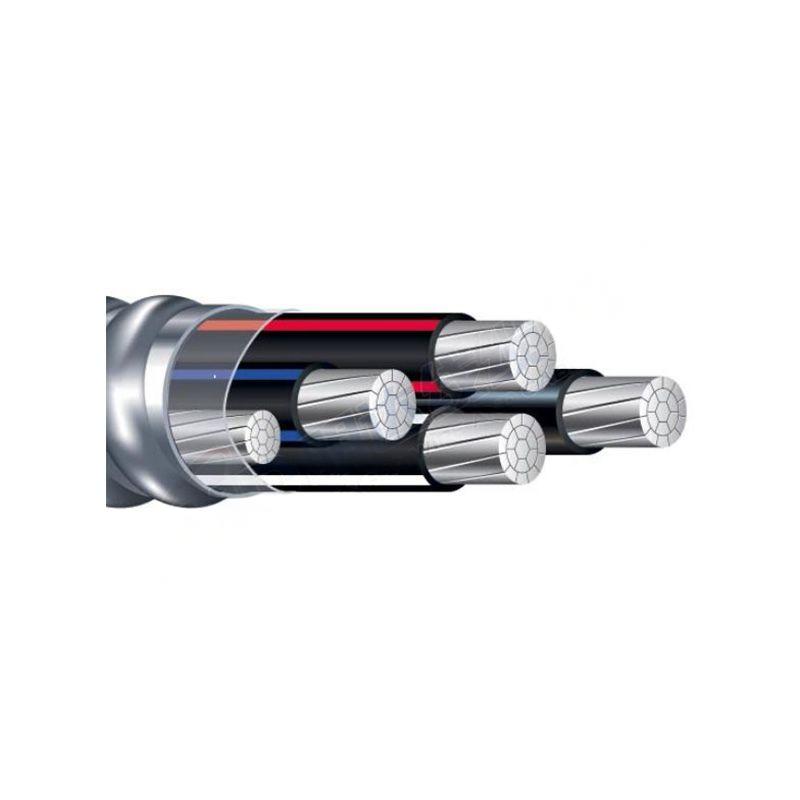10 月 . 17, 2024 16:29 Back to list
Electric Actuators for Gate Valves Enhancing Control and Efficiency in Fluid Management Systems
Electric Gate Valve Actuators An Overview
Electric gate valve actuators are crucial components in modern industrial applications. These devices play a vital role in the control of fluid flow within pipelines, providing precision, reliability, and automated operation. This article delves into the functionality, benefits, types, and applications of electric gate valve actuators.
Functionality of Electric Gate Valve Actuators
Electric gate valve actuators are designed to automate the opening and closing of gate valves, which are typically used to start or stop the flow of liquids or gases. The actuator converts electrical energy into mechanical motion to move the valve stem, thereby controlling the valve position. This is accomplished through various mechanisms, such as rotary or linear motion, depending on the design of the valve and actuator configuration.
The primary components of an electric actuator include an electric motor, gear assembly, and control circuit. The motor drives the gear assembly, which in turn moves the valve stem. The control circuit interfaces with external control systems, such as PLCs (Programmable Logic Controllers) or DCS (Distributed Control Systems), enabling automation and remote operation.
Benefits of Electric Gate Valve Actuators
One of the main advantages of electric gate valve actuators is their ability to enhance process efficiency. Since they can be controlled remotely, operators can manage valve positions without physically being at the valve site. This reduces labor costs and minimizes the risk of accidents associated with manual valve operation.
Moreover, electric actuators provide precise control over valve movements, ensuring accurate flow management. This precision is essential in processes where any deviation in flow can result in significant operational issues, safety hazards, or product quality concerns.
Electric actuators also tend to require less maintenance than their pneumatic or hydraulic counterparts. They have fewer moving parts and do not require the regular replacement of hoses or the management of pressurized systems, leading to lower overall operational costs.
Types of Electric Gate Valve Actuators
electric gate valve actuators

Electric gate valve actuators can be categorized based on their design and functionality
. The most common types include1. Rotary Electric Actuators These actuators provide rotational motion and are typically used for quarter-turn valves. They are ideal for butterfly valves and ball valves but can also be adapted for gate valves in specific configurations.
2. Linear Electric Actuators These actuators provide straight-line motion, making them suitable for gate valves, which often require linear movement to open or close the valve. They are designed for both threaded stem and non-threaded stem applications.
3. Modulating Electric Actuators These sophisticated actuators offer variable control of the valve position, allowing for precise adjustment of fluid flow. They are often used in applications requiring fine-tuning of process parameters.
Applications of Electric Gate Valve Actuators
Electric gate valve actuators have widespread applications across various industries, including water treatment, oil and gas, chemical processing, and power generation. In water treatment facilities, they play a critical role in managing water flow and treatment chemicals. In the oil and gas sector, they control the flow of crude oil, natural gas, and various chemicals, ensuring safe and efficient operations.
In chemical processing plants, electric gate valve actuators help manage the flow of raw materials and finished products, ensuring that operations remain streamlined and safe. In power generation, they contribute to the efficient operation of cooling systems and other critical processes.
Conclusion
Electric gate valve actuators are indispensable in today’s industrial landscape. Their ability to provide precise control, improve efficiency, and reduce operational costs makes them a favorable choice for many applications. As industries continue to embrace automation and advanced technologies, the role of electric actuators will likely expand, further enhancing process reliability and productivity. Investing in quality electric gate valve actuators is essential for any facility looking to improve its operational efficiency and safety.
Share
-
Understanding the Differences Between Wafer Type Butterfly Valve and Lugged Butterfly ValveNewsOct.25,2024
-
The Efficiency of Wafer Type Butterfly Valve and Lugged Butterfly ValveNewsOct.25,2024
-
The Ultimate Guide to Industrial Swing Check Valve: Performance, Installation, and MaintenanceNewsOct.25,2024
-
Superior Performance with Industrial Swing Check Valve: The Essential Valve for Any SystemNewsOct.25,2024
-
Industrial Swing Check Valve: The Ideal Solution for Flow ControlNewsOct.25,2024
-
You Need to Know About Industrial Swing Check Valve: Functionality, Scope, and PerformanceNewsOct.25,2024